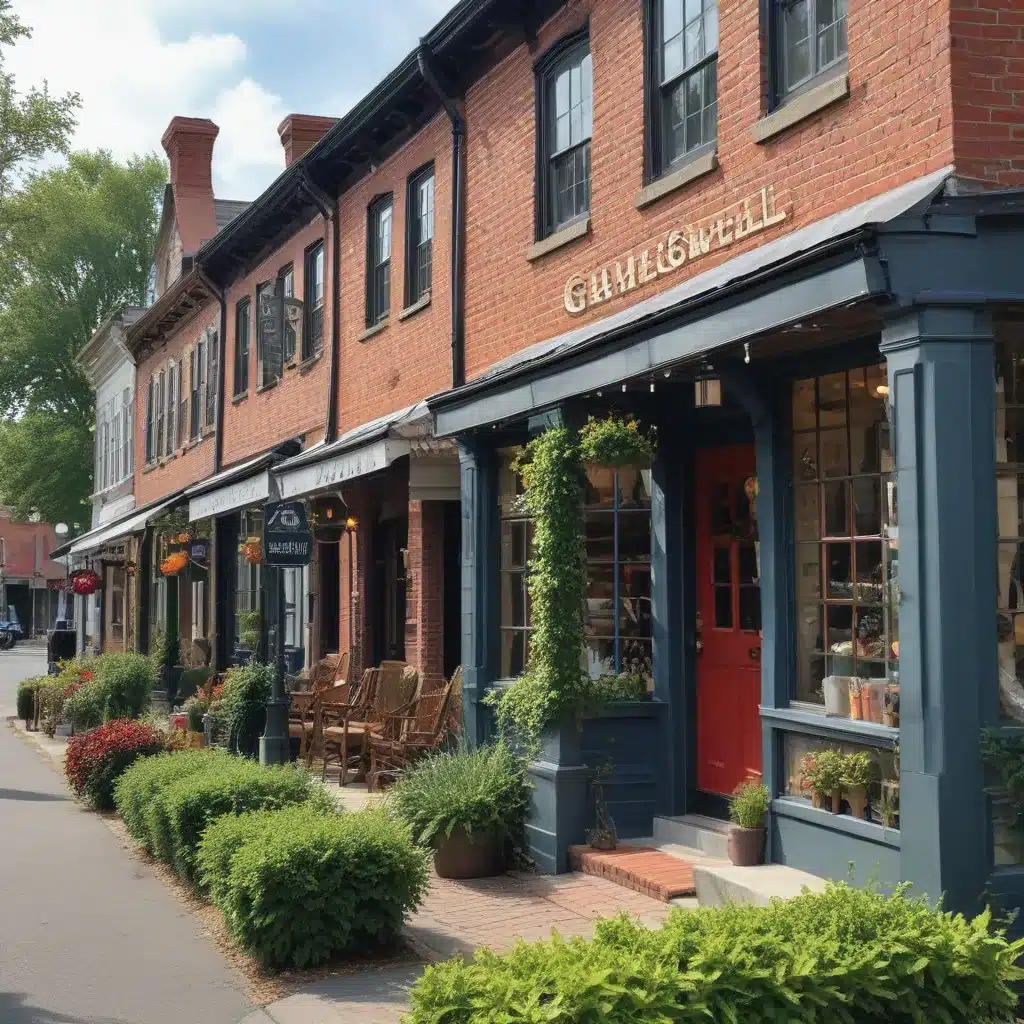Introduction
Caldwell County in North Carolina has a rich history that dates back thousands of years, including the forced migration of the Cherokee on the Trail of Tears and the county’s role in the Civil War. This article will explore Caldwell County’s involvement in the Civil War and the impact it had on the region.
Early History
The Congress of the Republic of Texas made the Caldwell County area part of Gonzales County in 1836. In the early years of the republic, residents were threatened by Indian raids, but after the defeat of the Indians in the Battle of Plum Creek in 1840, only minor skirmishes occurred [2]. Caldwell County has had five courthouses, the first being in Far West. In 1843, the county seat was moved to Kingston, which was nearer the center of the population [7].
The Civil War
During the Civil War, Caldwell County had a lady’s aid society that manufactured or collected materials for soldiers at the front lines [4]. Many of the men from Caldwell County joined the Confederate Army, including Keith and Malinda Blalock, who lived in Watauga County, to the north, at the start of the war [4]. Jennie McKendree gave birth to her first child while staying at the home of James and Caroline Harper in Lenoir, North Carolina, on April 13, 1864, in the midst of the Civil War [1].
John C. Caldwell was a notable figure from Caldwell County during the Civil War. At the beginning of the Civil War, Caldwell was 28 years old and had no military experience. However, his bearing as an academic principal seems to have impressed others because he was elected colonel of the 11th Maine Infantry regiment on November 12, 1861 [8]. With the attack on Fort Sumter in April 1861 and the beginning of the Civil War, Caldwell left his post and sought a military commission. Though he lacked any type of military experience, his connections within the state and ties to the Republican Party saw him obtain command of the 11th Maine Volunteer Infantry on November 12, 1861 [6].
Post-Civil War
After the Civil War, Caldwell County’s economy suffered [3]. Charles C. Caldwell was a local leader in the international struggle to end slavery. In 1822, he bought the Ipswich, Massachusetts house that is the focus of Within These Walls, an online exhibition. National Standards Historical Thinking Standards (Grades K-4) Historical Thinking Standard 1: Chronological Thinking [9]. Charles C. Caldwell’s status allowed him to become involved in politics after the Civil War. He was one of sixteen black Republicans participating in the Mississippi Constitutional Convention in 1868. Caldwell supported the radical Republicans in the convention, but the proposed constitution they crafted was rejected in a statewide referendum [10].
Conclusion
Caldwell County played a significant role in the Civil War, with many of its men joining the Confederate Army, and with John C. Caldwell, a native of the county, rising to the rank of colonel in the Union Army. The county’s economy suffered after the war, but it was an important part of North Carolina’s history and culture.










